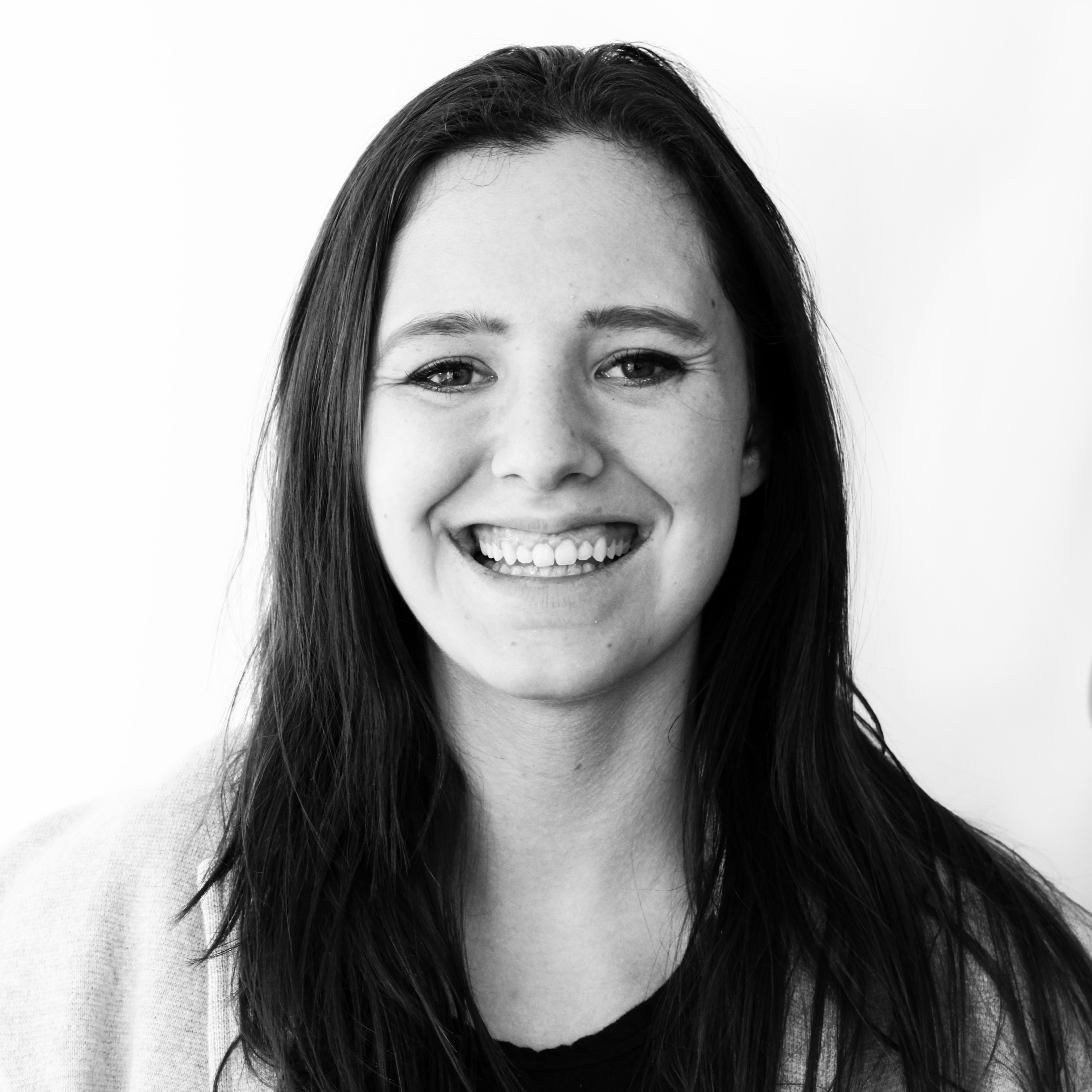Innovation
Photo Illustration by Sarah Rogers/The Daily Beast / Photos by Shutterstock
The Doctor Behind the ‘Miraculous’ Cure for Nonstop Coughs
IT TOOK THEIR BREATH AWAY
A 12-year-old patient couldn't stop coughing for months. After treatment, she said, ‘I was speechless. I conquered the cough.’

Trending Now





